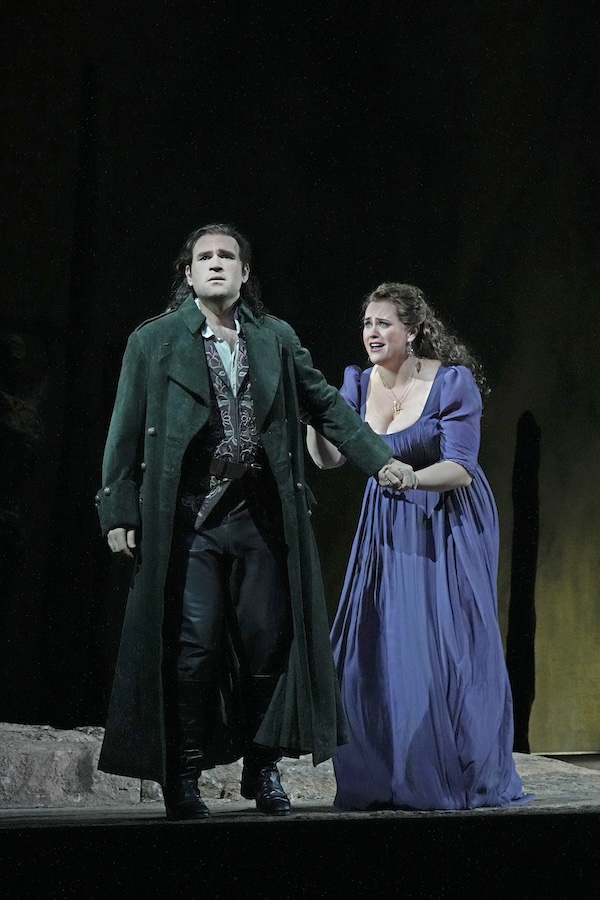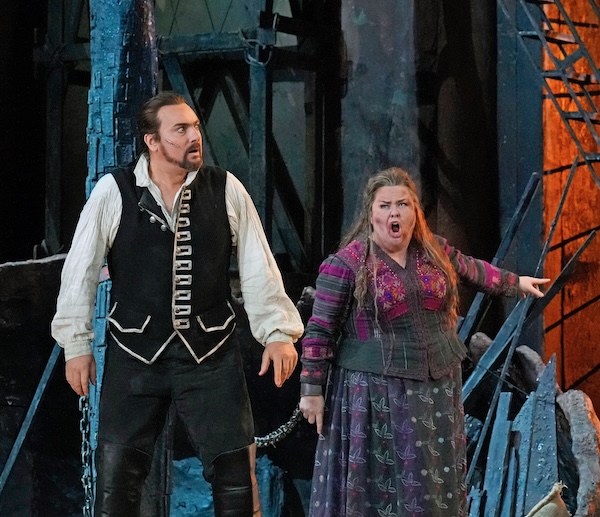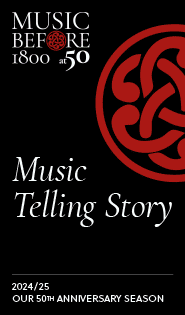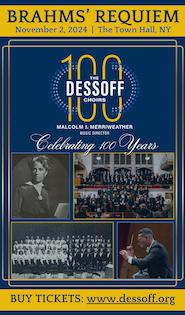Dramatic moments yet Met’s “Trovatore”still a work in progress

This current stretch of the Metropolitan Opera’s season is all meat and potatoes, dense with revivals of Puccini and Verdi—Rigoletto, Tosca, La Bohème—for the next month. And meat and potatoes are good, but a steady diet is going to require good seasoning and expert cooking to keep it interesting.
The preparation of Tuesday night’s performance of Il Trovatore was not quite expert, and the seasoning was inconsistent. This is a revival of David McVicar’s 2009 verismo production, with typical high-level Met casting of tenor Michael Fabiano as the Roma troubadour and revolutionary Manrico; soprano Rachel Willis-Sørensen as Leonora, who is at the center of a love triangle between Manrico and his enemy (and, as it turns out, brother) Count di Luna, sung by baritone Igor Golovatenko; and mezzo-soprano Jamie Barton as Azucena, who abducted Manrico when he was a child and raised him as her son, while haunted by her accidental killing of her own son. Conductor Daniele Callegari was in the pit.
With several plots centered on love, war, and family going on simultaneously, and key elements never shown on stage but left to the synopsis, Il Trovatore is far from Verdi’s best opera. But it’s full of great music and features the enduringly popular “Anvil Chorus,” which in this well-designed production balances sternness and shabbiness features shirtless, sweaty, jacked beefcake pounding away with their hammers. Emotions are fraught and there are crises throughout, and it takes real focus to pull this together.
The performance never quite settled with things going in and out of focus all evening, from scene to scene and also within the course of arias and ensemble passages—as well asn between singers and Callegari and the orchestra in the pit. Willis-Sørensen’s key first-act sequence of “Tacea la notte” and “Di tale amor” was artistically and technically inconsistent. Her slight modulations in dynamics through the course of phrases was musical and sympathetic to the character and drama; but her upper register was tight and uncertain, and she often fell dangerously behind the beat, with Callegari searching for the right tempo. “D’amor sull’ali rosee” was much more focused, and her upper register was more open but not always on the right pitch.
Fabiano and Golovatenko were more technically secure, but as dramatic performers they both seemed still in search of the proper characterizations. Fabiano (slowed by an ankle injury which seemed inconsequential) was at his best in the tender moments with Azucena, the duet “Mal reggendo” and the climactic “”Ai nostri monti ritorneremo.” He has a great sound for Verdi, a passionate tone with a slight catch, and this slower music gave him a chance to put this on display. With the other characters, though, the antagonistic music in conflict with di Luna and love duets with Leonora, he seemed to be trying for a different interpretation with each phrase, or substitute physical intensity for musicality.

It seemed a not-quite-there mix between these three all night, as if the larger ensemble just couldn’t gel. Golovatenko himself was fine in solo moments, like “Il balen del sun sorriso,” where his direction and articulation were excellent. But in scenes with the others, he just spat out lines past the singers.
The outstanding exception to this all night was Barton, who delivered one of the most artistically superb performances one has seen at the Met these past several seasons. Her singing of “Stride la vampa” and “Condotta ell’era in ceppi” was show-stopping and by far the most successful part of the evening. She shaped her singing with profound musical intelligence and skill, drawing the listener in then hitting them with viscerally dramatic modulations of timbre and force. The emotional effect was profound, the kind of drama hidden in this opera that can be drawn out.
The other unerring performance came from bass-baritone Ryan Speedo Green as Ferrando. He is one of the most reliable figures in opera, not just because he always sings well with a fine sound but also brings a great sense of character and is always in the drama. The orchestra too, played with sharpness, color, and sensitivity, even though there were so many moments when they were going one way, the singers another. The raw ingredients are there, but this Il Trovatore is not quite a full meal.
Il Trovatore runs through December 6. Angela Meade sings Leonora and Olesya Petrova, Azucena, beginning November 17. Gwyn Hugh Jones sings Manrico December 3 and 6. metopera.org

